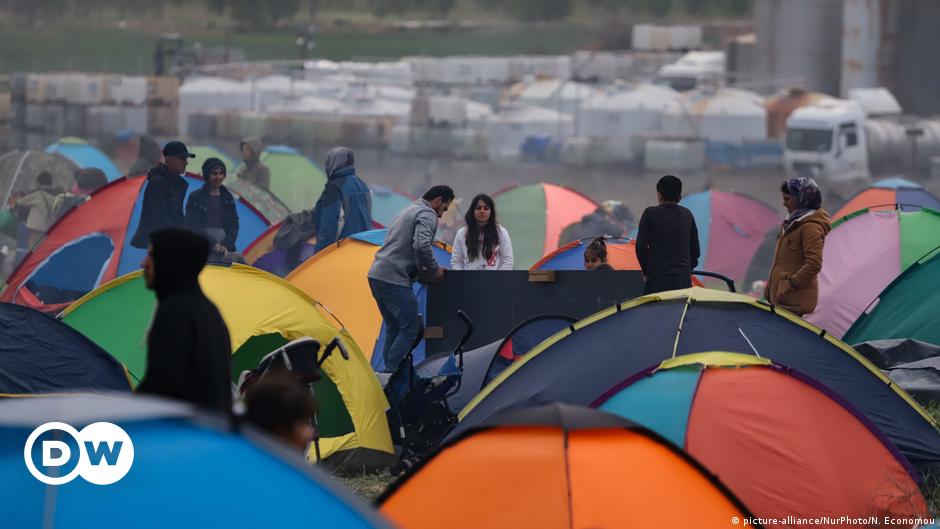- cross-posted to:
- [email protected]
- cross-posted to:
- [email protected]
Europeans — especially Germans — are increasingly keen on curbing immigration and are less focused on climate change, according to a study by a Danish-based think tank.
Europe has seen a sharp rise in the share of people who say that reducing immigration should be a top government priority, according to a study published Wednesday. Germany is topping the list.
At the same time, there was less desire to prioritize fighting climate change in the same countries, according to the survey commissioned by the Denmark-based Alliance of Democracies Foundation think tank.
Nearly half of German respondents put focus on migration
Since 2022, an increasing number of Europeans say their government should prioritize “reducing immigration,” rising from just under 20% to a quarter.
Meanwhile, concern about climate change was on the slide across the continent.
“In 2024, for the first time, reducing immigration is a greater priority for most Europeans than fighting climate change,” the report said.
“Nowhere is this reversal more striking than in Germany, which now leads the world with the highest share of people who want their government to focus on reducing immigration — topping all other priorities — and now nearly twice as high as fighting climate change,” the report read.



That’s because when right-wing politicians get into power, the first thing out the window is education and critical thinking. You can’t have a population that thinks too much because they’re harder to control.
“So long as they (the Proles) continued to work and breed, their other activities were without importance. Left to themselves, like cattle turned loose upon the plains of Argentina, they had reverted to a style of life that appeared to be natural to them, a sort of ancestral pattern…Heavy physical work, the care of home and children, petty quarrels with neighbors, films, football, beer and above all, gambling filled up the horizon of their minds. To keep them in control was not difficult.” George Orwell, 1984